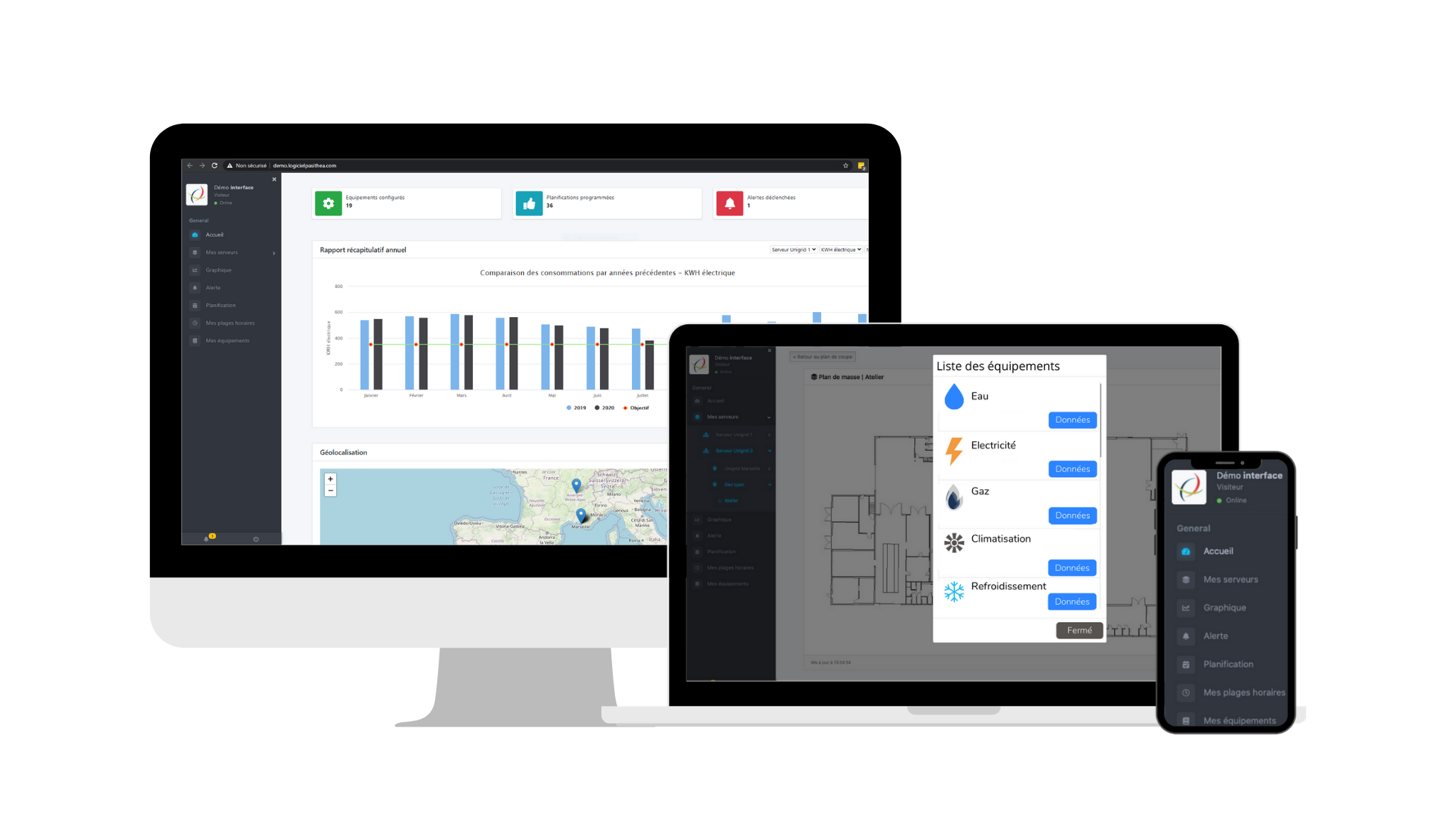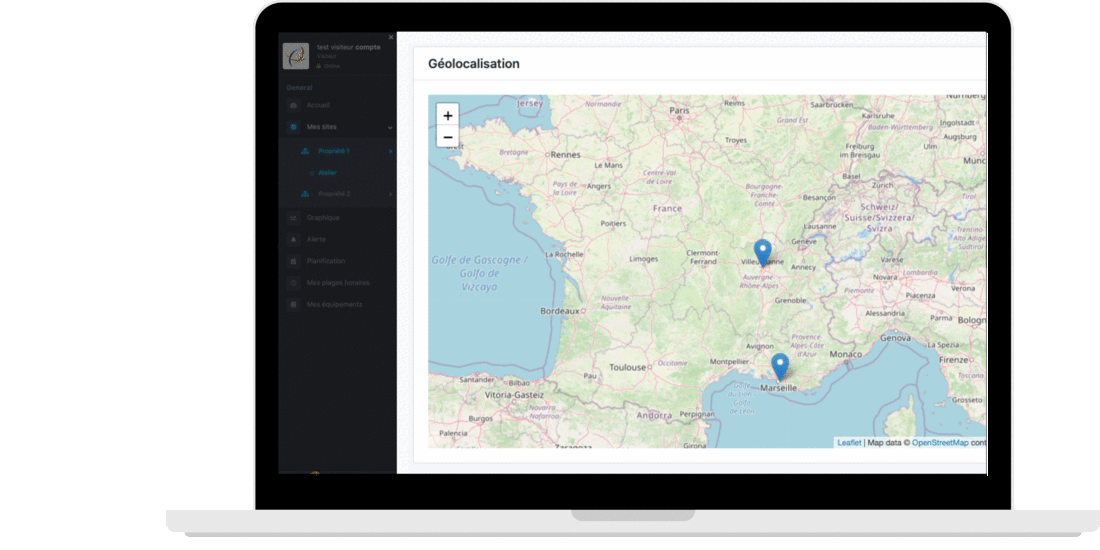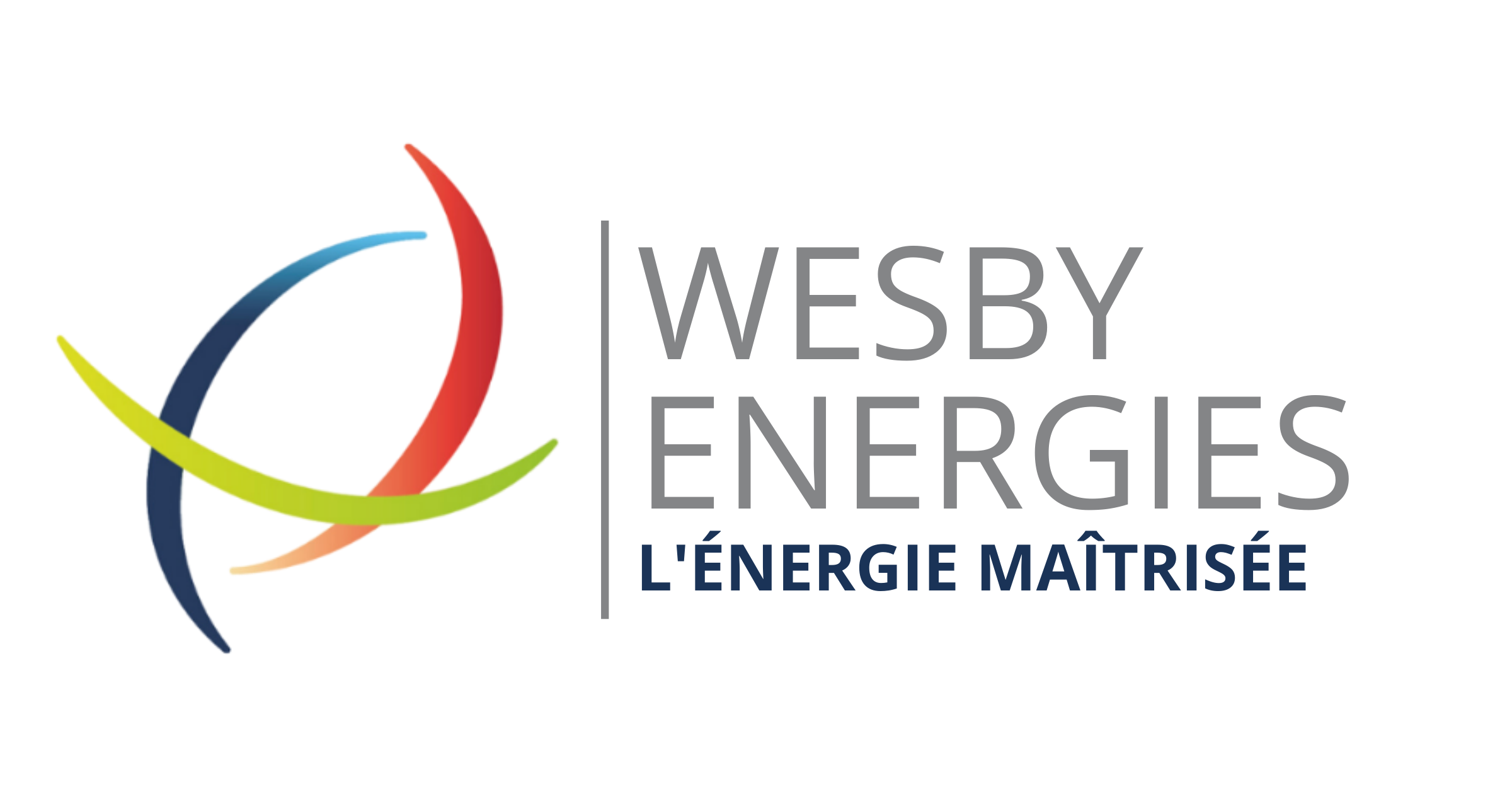What is energy efficiency in 2021
Article by Wesby Energies

Many areas are concerned when it comes to energy consumption. This is particularly the case for the building, transport and industry sectors, among others. In this context, measures have been taken within the European Union to regulate the level of energy consumption. It is in this context that the notion of energy efficiency comes into being. It is a process that aims to consume less while producing enough. Faced with the energy problems which prevail in 2021 in our societies, the time has indeed come for a change of attitude. The concept of energy efficiency is now positioned in line with the solutions available. So it makes sense to know what energy efficiency is in 2021.
What is energy efficiency in 2021?
In any case, opting for energy efficiency in 2021 amounts to making a huge gain in energy consumption. Regardless of the area of intervention, energy efficiency results in less consumption and long-term savings in operating costs. Discover our Wesby range which will give you complete satisfaction for taking an active part in energy efficiency.
In the same vein, energy efficiency in 2021 is a solution of choice against greenhouse gas emissions and the overexploitation of natural resources. At the environmental level, this process allows for better energy efficiency while preserving resources and reducing industrial pollution.
In 2021, energy efficiency is part of the sustainable development objectives. This notion is perceptible in many sectors of activity. Hence the interest in knowing the definition of energy efficiency.
Definition of energy efficiency
If we stick to the scientific field, energy efficiency refers to the ratio between the rate of energy used and that of energy consumed in a given system. In this context, the higher the energy efficiency, the better the efficiency of the system in question. This definition has, moreover, been applied in a broader sense.
Energy efficiency thus refers to all the techniques and processes put in place to improve the efficiency of a system. These may for example be logistics or IT processes. The ultimate goal of a system based on energy efficiency remains the reduction of energy consumption. This takes place while maintaining or even improving the efficiency of the system in question.
The areas that are taken into account in energy efficiency are mainly:
- the building sector (collective housing, urbanization processes),
- the transport sector (public or private transport vehicles),
- the industrial sector (warehouses and industrial processes).
Thus, energy efficiency presents a host of fields of application. Manage, control and save your consumption in real time to participate concretely in this application of energy efficiency. In this momentum, it is also important to know the origin of the concept to better understand its current issues.
Origin of the concept of energy efficiency
The notion of energy efficiency has developed since the end of the 20th century. It was then essentially a question of considerably reducing energy consumption with energy efficiency. Over time, the equilibrium approach advocated by energy efficiency has given way to controversial designs.
The different opinions about energy efficiency come from the fact that it is a two-way process. On the one hand, it makes it possible to reap a significant gain in energy consumption. On the other hand, its implementation requires a large number of conditions to be observed. Therefore, some will bet on the benefits of energy efficiency and do their best to follow its constraints. Conversely, others will do what is necessary not to follow the conditions of energy efficiency and increase their productivity to the detriment of environmental protection.
This is the controversial origin of the concept of energy efficiency. Faced with this dilemma, the law provides some answers that should now be addressed.

What does the French law on energy efficiency say?
Energy efficiency legislation is discussed not only at European level, but also on French territory.
European directives relating to energy efficiency
The European Parliament, in accordance with the recommendations of the European Commission, has issued two major directives. These relate to the application of energy efficiency.
The first is entitled Directive 2010/31 / EU and concerns energy efficiency in buildings. Its ambition is to achieve 20% application of energy efficiency in buildings with innovative techniques. It is a question here of constructing buildings respecting the environmental standards in force with a reduced energy consumption.
The second directive called 2012/27 / EU concerns the application of energy efficiency on components and other systems of public utility. By way of illustration, pumps must have special labeling to ensure their compliance with energy efficiency.
Regulations in France regarding energy efficiency
Since 2013, the RT 2012 thermal regulations have come into force in France. Its ambition is to achieve the European directives relating to energy efficiency. This regulation has notably encouraged the emergence of buildings with a low carbon footprint in the region. Subsequently, another regulation took the place of RT 2012, namely RT 2020.
The specificity of the RT 2020 thermal regulation is that it facilitates the application of energy efficiency to all buildings (private or public). To do this, it requires:
- the development of a construction process with reduced energy consumption;
centralization of production generators and management processes; - the establishment of an energy reduction certificate;
- factors facilitating the identification of a smart building;
- the promotion of renewable energies.
France has now adopted a policy aimed at verifying the energy efficiency of buildings. The regulations in force allow energy efficiency to have a legal basis to be correctly applied. As a result, energy efficiency is becoming a real trend in 2021.
Why is energy efficiency a trend in 2021?
Faced with the dilapidation of old buildings, it has become essential to set up new buildings with optimal energy efficiency. With energy efficiency, such an initiative becomes feasible on a large scale and in the long term. ACCESS THE SMART CITY INTERFACE IN 2 CLICKS to find out how to get there at your level.
In addition, in 2021, most installers and building professionals must comply with certain standards:
- the use on sites of equipment that respects the environment;
- knowledge of fundamental laws such as that on the energy transition
- the use of energy processes with low consumption and high production.
The result of all this is the notorious impact of energy efficiency on buildings in 2021. In addition to that, these standards will lead to the creation of new jobs, because their application requires a larger workforce. In terms of training, there are now modules on energy efficiency. These apprenticeships allow us to obtain the RGE label or Recognized Guarantor of the Environment.
To obtain the favors of the Government at the level of the calls for tenders, it is essential to have the mention RGE with regard to the craftsmen. It is the means used since 2014 to encourage not only the training of craftsmen on energy efficiency, but also to improve its application. The energy efficiency trend in 2021 therefore links several themes.
Energy efficiency, energy transition, energy management, smart building, smart city, tertiary decree, how are these themes linked?
In the era of energy transition, energy efficiency is setting the benchmarks for a smart city. This concept is being developed more and more by the authorities in view of the general interest in improving energy efficiency with reduced consumption. This requires an investment in large-scale smart buildings. Above all, we must focus on the use of innovative techniques that promote energy management.
In order to achieve the ultimate goal of the smart city, it is above all necessary to have adequate home automation at home. Energy efficiency begins with individuals as well as with public authorities.
Finally, the obligations relating to the tertiary decree will make it possible to achieve better use of energy in the long term. Deciphering the tertiary decree will allow you to discover more about the question of the application of energy efficiency in 2021.
You now know the basics about this concept. It is now important to apply it at home so that it becomes in the long term an energy solution for our societies.
Our Wesby Range
Scalable and adapted to your needs and constraints
Example: convenience store
WESBY DISCOVERY
1 WESMPCI
4 room sensors
1 outdoor temperature sensor
1 IOT sensor electric meter
1 gas meter IOT sensor
1 IOT sensor water meter
4 actions included
Example: buildings
WESBY COMFORT
1 WESMPCI
1 WESIO (UNIGRID actuator)
10 room sensors
1 outdoor temperature sensor
1 IOT sensor electric meter
1 gas meter IOT sensor
1 IOT sensor water meter
8 actions included
Example: municipal technical center, administrative establishment
WESBY PREMIUM
1 WESMPCI
15 WESIO or more (UNIGRID actuator)
30 room sensors
1 outdoor temperature sensor
1 IOT sensor electric meter
1 gas meter IOT sensor
1 IOT sensor water meter
Up to X actions


